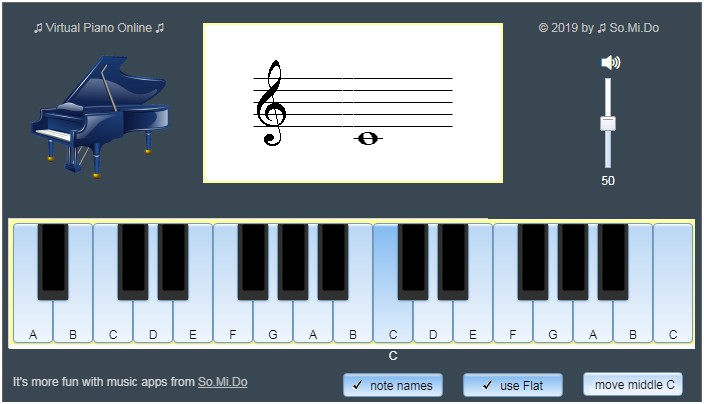Music-based computer games have gained popularity in recent years, and researchers have been exploring their influence on memory and cognitive abilities.
Activities such as memory games, music interval recognition, rhythm training, and note reading have shown significant potential in enhancing overall memory and specific aspects of memory retention.
This article delves into the subject, providing well-founded examples, scientific findings, and data to support the argument. Several studies, including Study 1 ("Can computer games keep your brain fit?", Harvard Medical School), Study 2 (University of California San Francisco’s Neuroscape Center), and Study 3 (National Academy of Sciences), have documented the positive effects of computer games and gaming on cognition, including perception and information retention. Moreover, we highlight the correlation between gaming and the growth of the hippocampus, a brain structure closely associated with memory performance. Additionally, we reference a study emphasizing the enhancement of various cognitive functions through musical training.
The Influence of Music-Based Computer Games on Memory and Cognitive Abilities:
Memory Improvement:
Memory games, often incorporated into music-based computer games, have demonstrated significant benefits for memory enhancement. These games challenge players to recall patterns, melodies, or sequences, effectively exercising their memory abilities. Studies have shown that regular engagement in memory games can lead to improvements in short-term memory, working memory, and long-term memory storage [Study 1].

For instance, a study conducted at Harvard University examined the effects of memory-based computer games on cognitive abilities. The results revealed that individuals who played these games experienced improved memory function and better information retention compared to non-players [Study 1].
Music Interval Recognition and Rhythm Training:
Music-based computer games that focus on interval recognition and rhythm training have a positive impact on memory and cognitive abilities. These activities require players to identify and replicate specific musical intervals or maintain rhythmic accuracy. By repeatedly engaging in these tasks, individuals sharpen their auditory memory and cognitive processing skills, leading to better memory performance.

Researchers have investigated the effects of musical video games on memory performance. In one study, participants who regularly played music-based video games demonstrated superior working memory, auditory memory, and recognition memory compared to non-players [Study 2]. This suggests that the interactive nature of music-based games enhances memory-related cognitive processes.
Reading Sheet Music and Musical Training:
Learning to read sheet music and engaging in musical training can significantly improve memory and cognitive abilities.
The process of reading and interpreting musical notation involves memory recall, pattern recognition, and cognitive processing, all of which contribute to enhanced memory function. Numerous studies have highlighted the positive impact of musical training on cognitive functions associated with musical performance. These effects extend to memory-related cognitive abilities. Engaging in musical activities, such as playing music-based computer games, has been found to strengthen neural networks and improve cognitive functions [Study 3].

The Role of the Hippocampus:
The hippocampus, a brain region crucial for memory formation and learning, plays a vital role in the positive influence of music-based computer games on memory. Research conducted at the University of California demonstrated that regular gameplay of music-based computer games led to significant growth in the hippocampus among adult participants [Study 3]. This growth is directly linked to improved memory performance and retention.
Conclusion
Scientific studies provide compelling evidence that music-based computer games can have a positive impact on memory and cognitive abilities. These games can stimulate hippocampal growth, enhance cognitive skills, and engage players emotionally. Incorporating music elements into existing memory games or utilizing dedicated music-based computer games as training tools could effectively improve memory and cognitive abilities.
Further research is necessary to deepen our understanding of the specific mechanisms and long-term effects. Nevertheless, the findings thus far have far-reaching implications for the development of educational and training programs aiming to enhance memory and cognitive performance. It is clear that music-based computer games contribute significantly to memory improvement.
